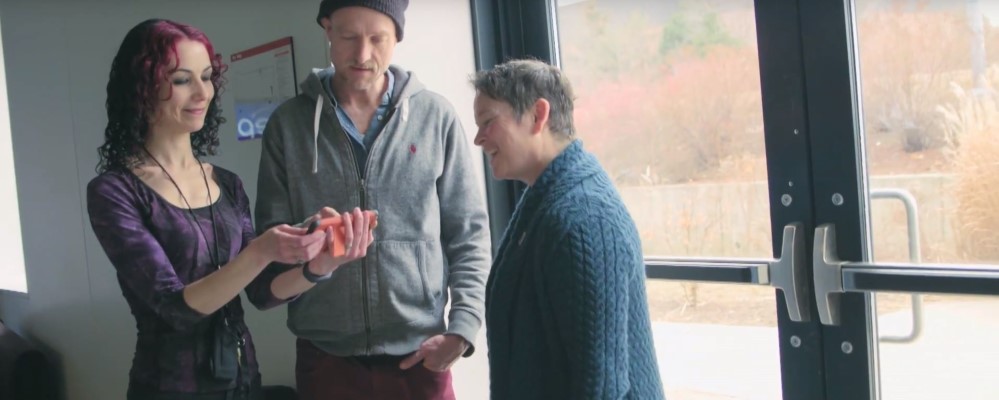
For those with concussion or dementia who have difficulty with movement, pinpointing the problem can yield answers.
In everyday life, there are lots of activities where people need to think while coordinating movement to interact with something. It could be focusing on a task and looking at a computer screen, all while moving a mouse or track-pad to control what’s happening. It could be looking out at other motorists and traffic signals while driving a car. But when someone has a history of concussion or a family history of dementia, those movements won’t always be smooth.
“Both those groups, they’re thinking just fine and feeling just fine, they’re moving just fine, until you push the system,” says Lauren Sergio, professor of health science and kinesiology at York University. “Brain parts talk to other brain parts, and when that happens, suddenly movements get a little less fabulous.”

